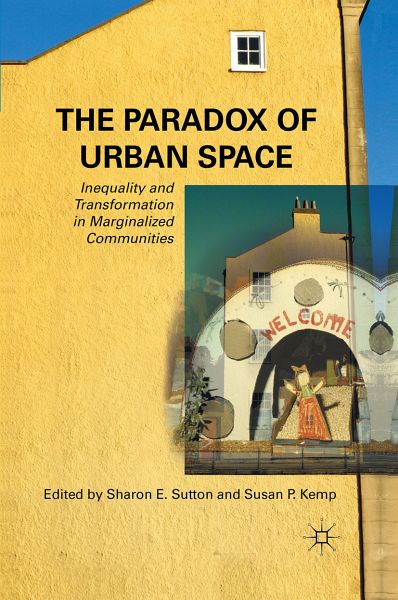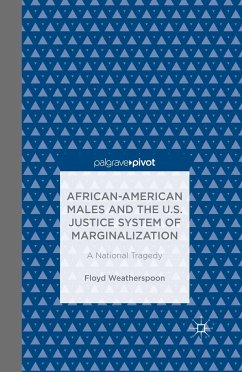
The Paradox of Urban Space (eBook, PDF)
Inequality and Transformation in Marginalized Communities
Redaktion: Sutton, S.; Kemp, S.
Versandkostenfrei!
Sofort per Download lieferbar
40,95 €
inkl. MwSt.
Weitere Ausgaben:

PAYBACK Punkte
20 °P sammeln!
As racially-based inequalities and spatial segregation deepen, further strained by emergent problems associated with climate change, ever-widening differences between wealth and poverty, and the economic crisis, this book issues a timely call for just, sustainable development.
Dieser Download kann aus rechtlichen Gründen nur mit Rechnungsadresse in A, B, BG, CY, CZ, D, DK, EW, E, FIN, F, GR, HR, H, IRL, I, LT, L, LR, M, NL, PL, P, R, S, SLO, SK ausgeliefert werden.












